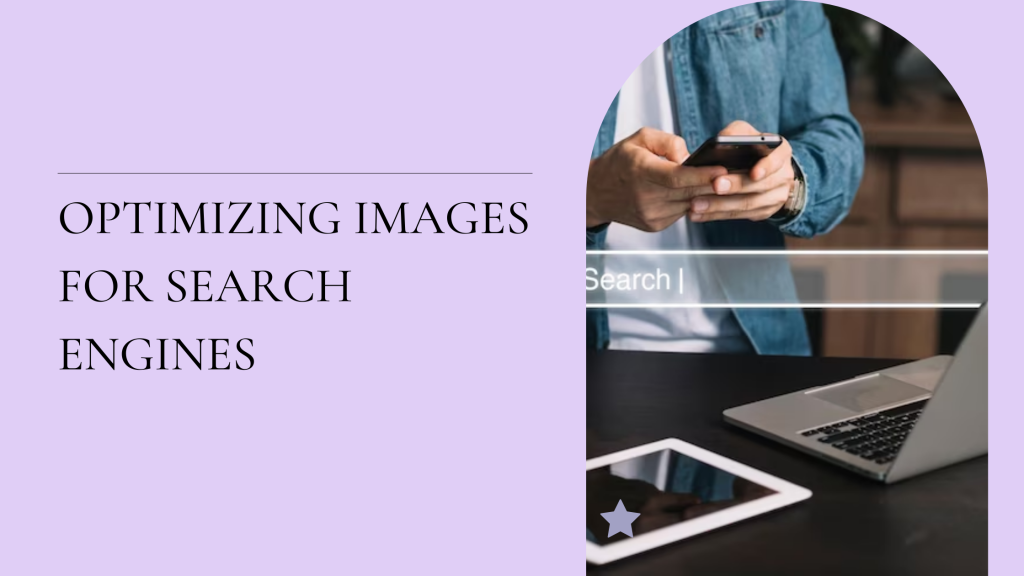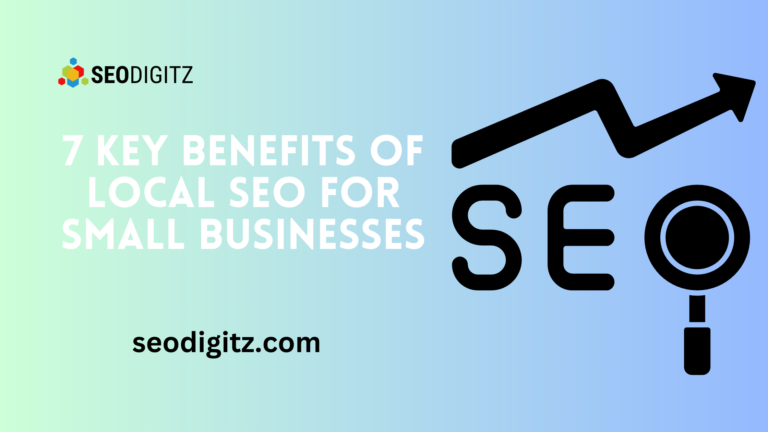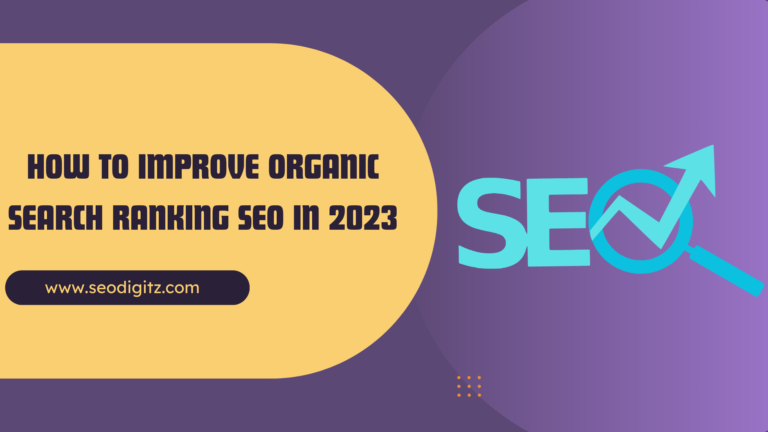

In the digital age, where information is king, optimizing your website for search engines is paramount. While many focus on text-based SEO, it’s equally important to pay attention to images. Images can enhance your website’s aesthetics and engagement, but they can also significantly impact your site’s search engine rankings. In this blog post, we’ll delve into the world of image optimization for search engines, exploring how you can maximize the potential of your visuals to improve your website’s visibility and user experience.
Why Image Optimization Matters:
Enhances User Experience:
Optimized images not only load faster but also provide a better user experience. Slow-loading images can frustrate visitors, leading to higher bounce rates. By providing a smooth and enjoyable browsing experience, you can keep visitors engaged and encourage them to explore your content further.
Boosts SEO:
Search engines consider the relevance and quality of your images when ranking your website. Proper image optimization can help search engine crawlers understand your content better, leading to improved rankings in search results.
Image Optimization Techniques:
Choose the Right File Format:
Select the appropriate file format for your images. JPEG is great for photographs, while PNG is ideal for graphics and images with transparency. WebP is a newer, more efficient format that can further reduce file sizes.
Resize Your Images:
Scale your images to the appropriate dimensions. Oversized images can slow down your website, affecting both user experience and SEO. Ensure your images are no larger than necessary while still maintaining quality.
Compress Images:
Use image compression tools to reduce file sizes without compromising quality. Smaller image files load faster and improve website speed.
Utilize Descriptive Filenames:
Give your image files meaningful names that describe the content. Avoid generic names like “IMG001.jpg” and instead use something like “red-apple.jpg.”
Use Alt Text:
Alt text is essential for accessibility and SEO. Describe your image in a concise, descriptive manner, including relevant keywords. Alt text helps search engines understand the content of the image, improving your chances of ranking in image search results.
Implement Image Sitemaps:
Submit an image sitemap to search engines to help them index your images effectively. This can lead to better visibility in image search results.
Enable Lazy Loading:
Implement lazy loading to defer the loading of images that are not immediately visible on the user’s screen. This enhances page loading speed and provides a seamless browsing experience.
For More View:
SEO Company Bangalore | Bangalore SEO Company | Bangalore SEO Companies
SEO Services Bangalore | Website Design companies Bangalore | Web Designing Companies Bangalore | Top Web Design Company Bangalore |Best Web Design Company Bangalore | Ecommerce Web Design Company Bangalore


